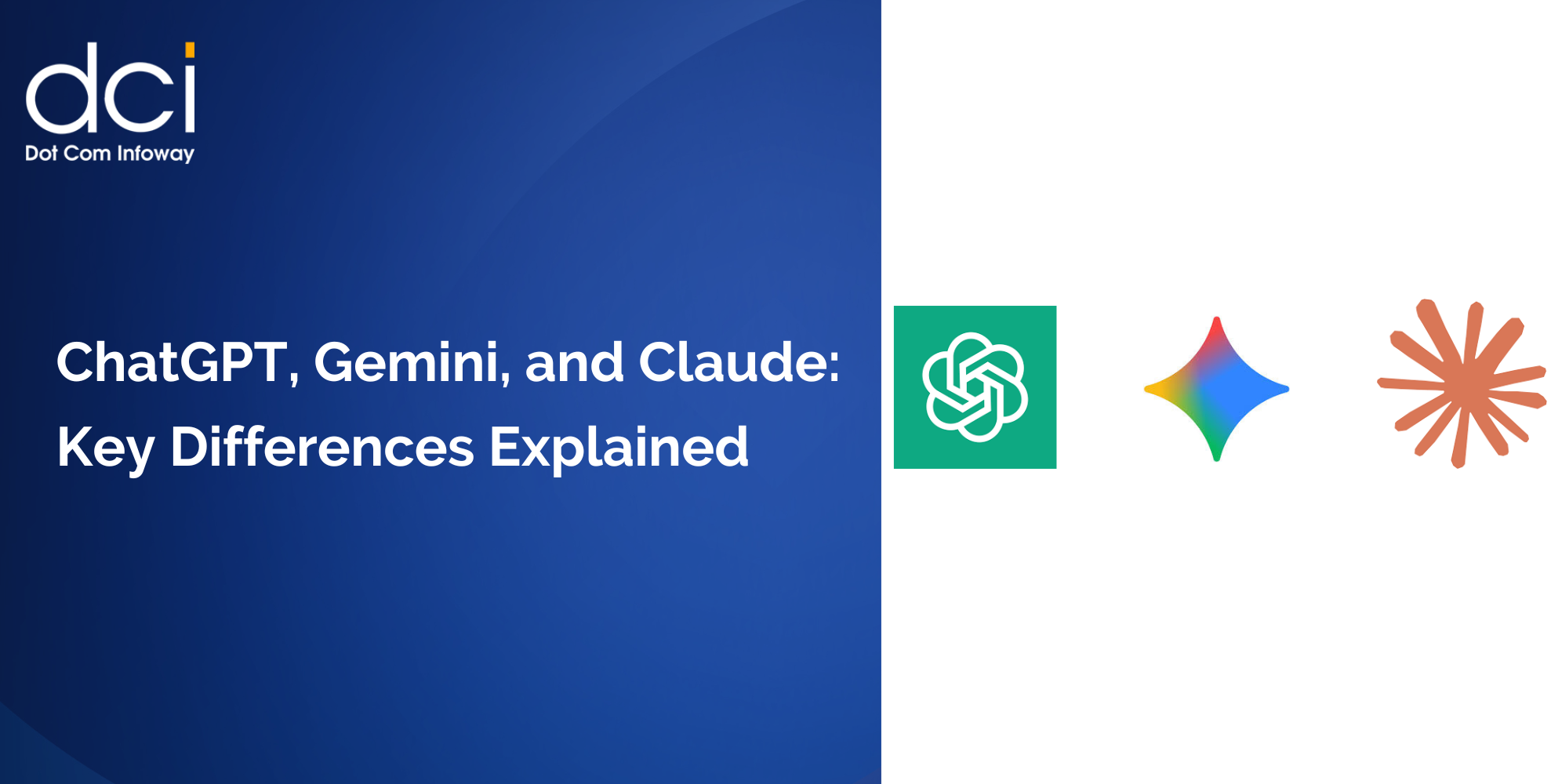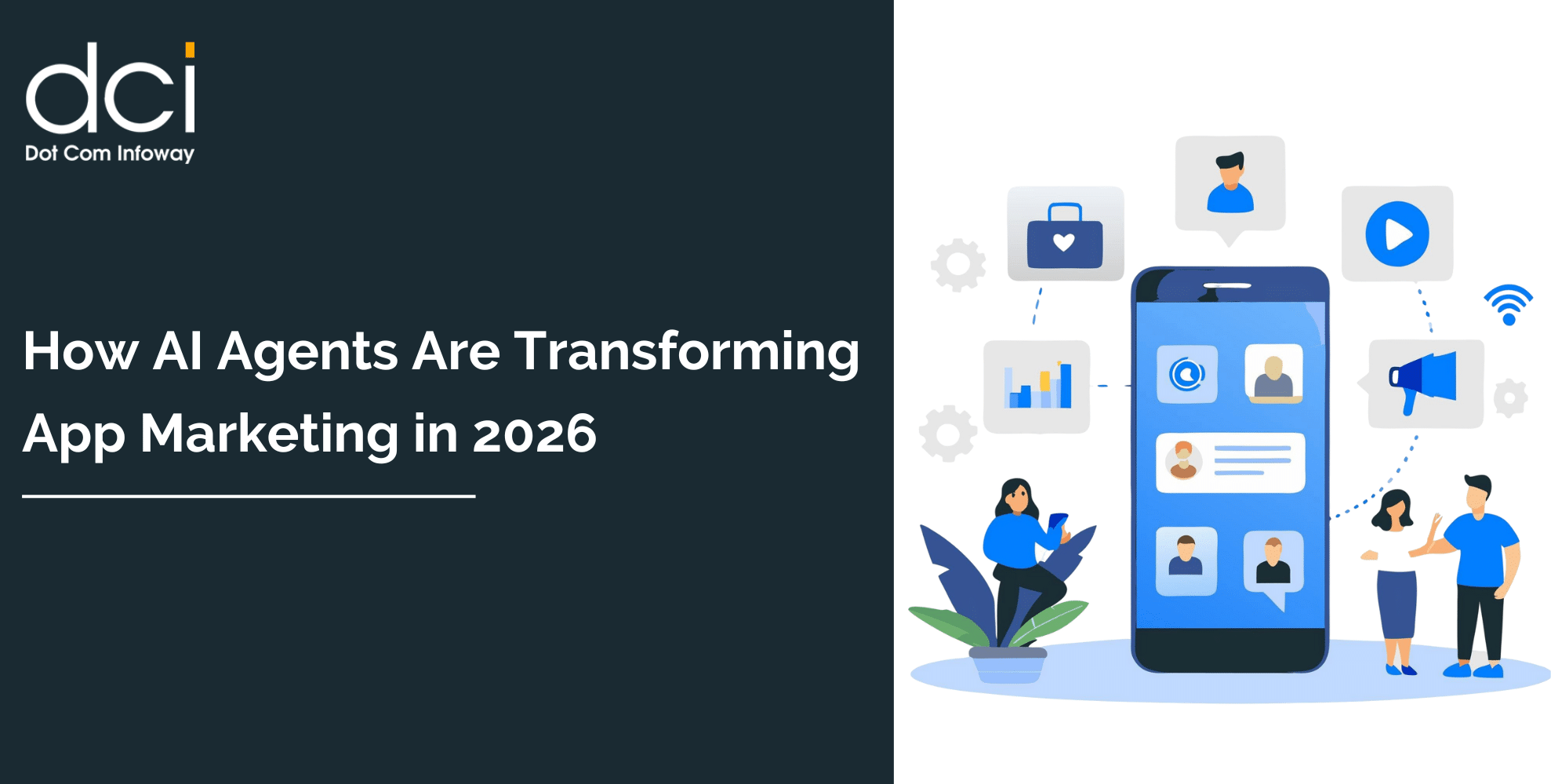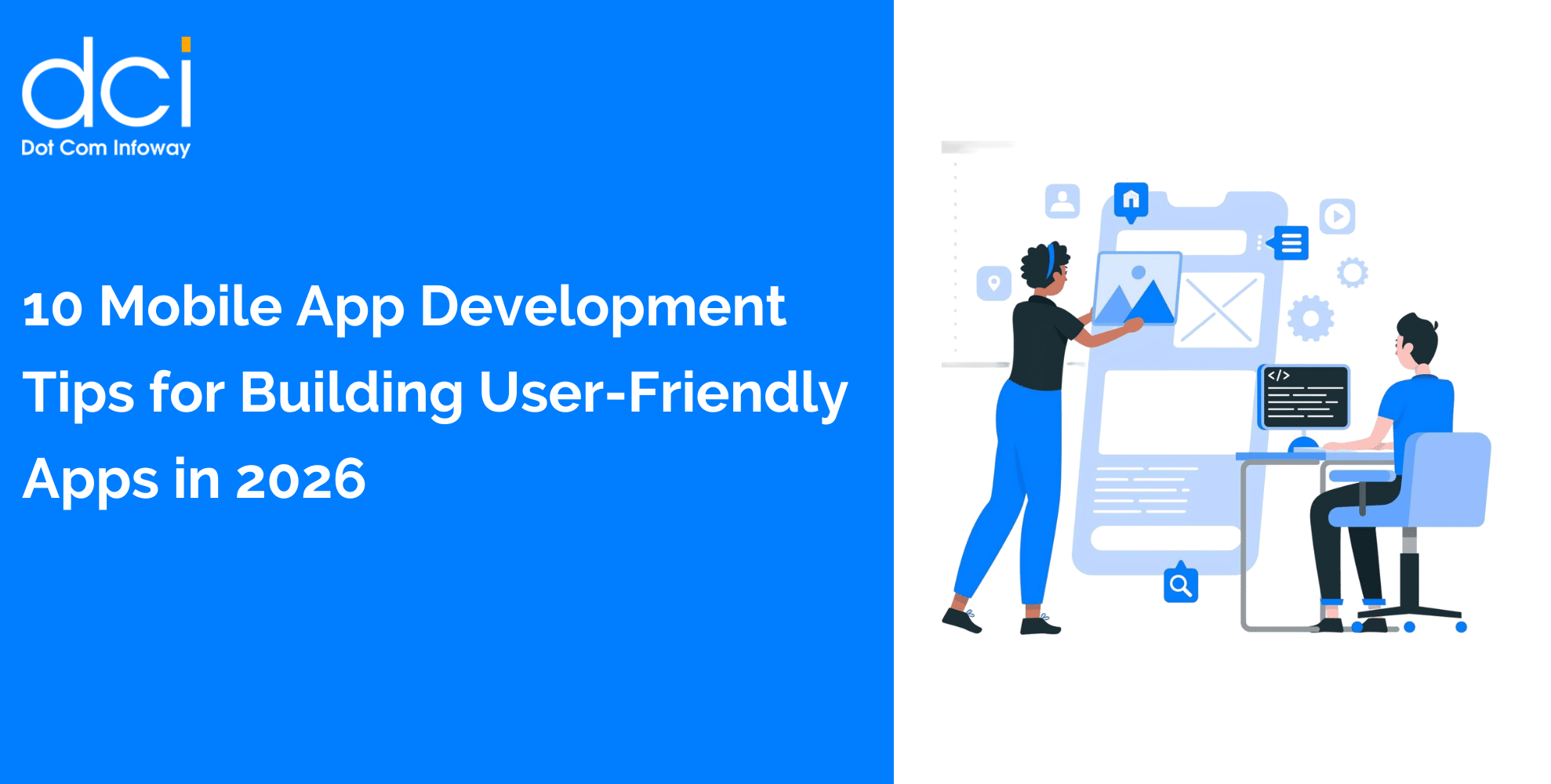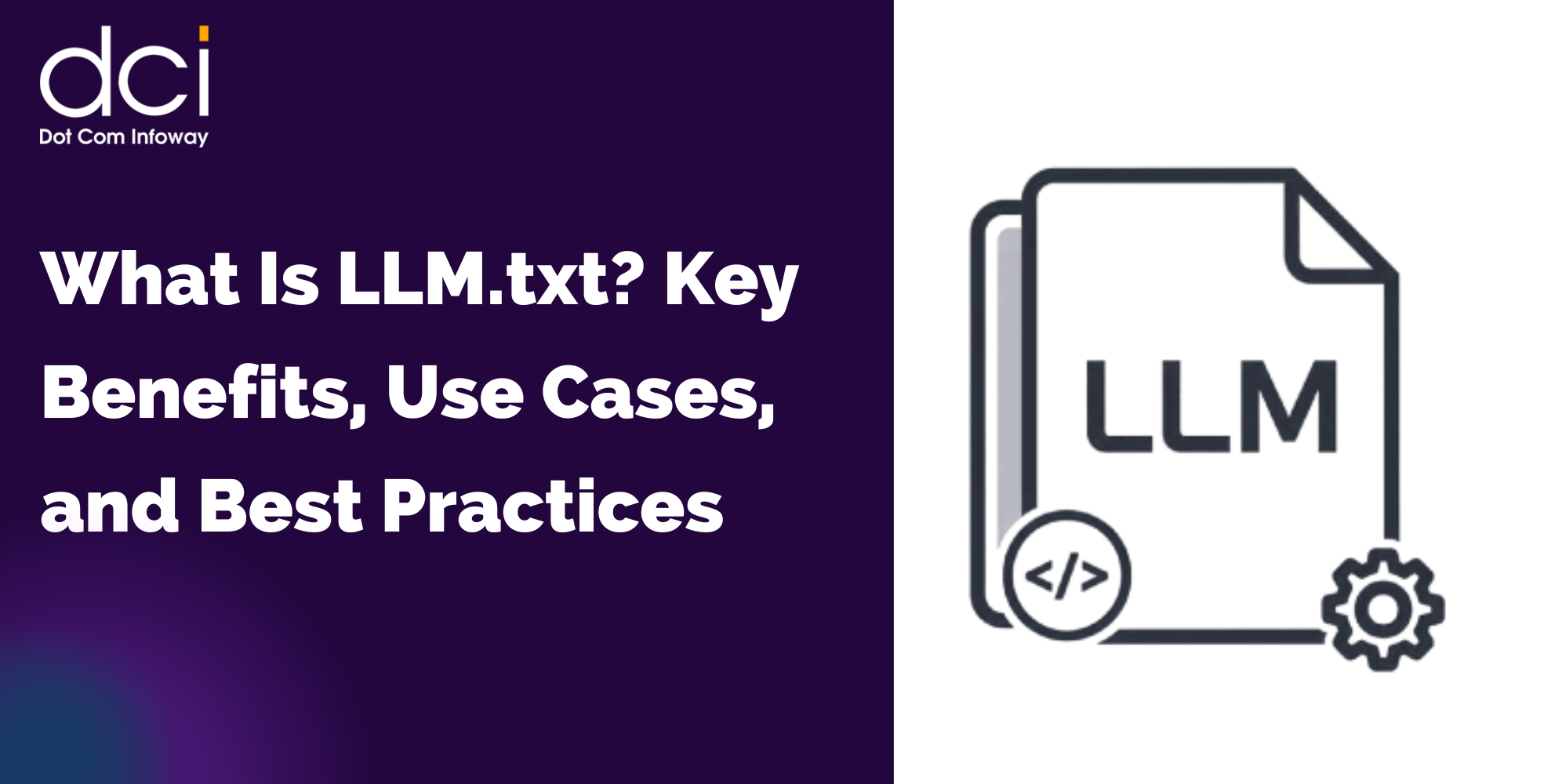Understanding the Mobile App Framework Landscape
A mobile app framework is essentially the foundation that determines how your app gets built, performs, and scales. Think of it as the architectural blueprint that shapes everything from development speed to user experience.
The modern mobile development landscape offers three main approaches: native frameworks that optimize for specific platforms, cross-platform solutions that work across multiple operating systems, and hybrid frameworks that blend web technologies with native capabilities.
As one Reddit user from r/FlutterDev perfectly explains: “I’ve been developing mobile apps for 8 years, and the framework choice is literally make-or-break for most projects. I’ve seen teams waste 6+ months because they picked React Native for a performance-heavy app, and others nail it with Flutter for rapid prototyping.”
Key Business Factors That Should Drive Your Decision
Performance Requirements vs Development Speed
The eternal trade-off in mobile development comes down to this: do you need blazing-fast performance or rapid development cycles? Your mobile app framework choice will determine which direction you lean.
Native frameworks like Swift for iOS and Kotlin for Android deliver unmatched performance but require separate codebases for each platform. According to Stack Overflow’s 2024 Developer Survey, native apps typically show 15-20% better performance metrics compared to cross-platform alternatives.
Cross-platform mobile app development frameworks sacrifice some performance for code reusability. Flutter, for instance, compiles to native ARM code, delivering near-native performance while maintaining a single codebase.
Budget and Timeline Constraints
Here’s where the rubber meets the road. A recent study by App Annie found that cross-platform development can reduce time-to-market by 30-50% compared to building separate native apps.
Key considerations include:
• Development team size and expertise
• Project timeline flexibility
• Long-term maintenance budget
• Platform prioritization (iOS-first vs Android-first vs simultaneous launch)
Target Audience and Platform Distribution
Your users dictate your framework choice more than you might think. iOS users typically expect polished, smooth experiences that favor native development, while Android’s diverse ecosystem often benefits from cross-platform approaches that handle varying screen sizes and device capabilities effectively.
Comparing Top Mobile App Framework Options
React Native: The JavaScript Veteran
Facebook’s React Native powers apps like Instagram, Skype, and Walmart. It leverages JavaScript and React principles to deliver native-like experiences across platforms.
“React Native’s biggest advantage is the massive developer community and extensive library ecosystem. If you need third-party integrations or rapid development, it’s hard to beat.” – TechCrunch, 2024
Best for: Businesses with existing React web development expertise, apps requiring extensive third-party integrations, rapid MVP development.
Flutter: Google’s Rising Star
Flutter has seen explosive growth, with Google reporting over 500,000 apps published using the framework as of 2024. Companies like Alibaba, BMW, and eBay have adopted Flutter for production apps.
A developer on r/androiddev shares: “Switched from React Native to Flutter last year. The hot reload feature alone saved us weeks of development time, and the performance improvements were immediately noticeable to our users.”
Best for: Apps requiring custom UI designs, performance-critical applications, and teams prioritizing development speed without compromising quality.
Xamarin: Microsoft’s Enterprise Solution
Xamarin appeals to enterprise customers already invested in Microsoft’s ecosystem. Using C# and .NET, it offers code sharing across platforms while maintaining native performance levels.
Best for: Enterprise applications, businesses with existing .NET infrastructure, apps requiring deep platform integrations.
Ionic: The Web-First Approach
Ionic transforms web applications into mobile experiences using technologies like Angular, React, or Vue.js. It’s particularly attractive for teams with strong web development backgrounds.
Best for: Progressive Web Apps (PWAs), rapid prototyping, and businesses wanting to leverage existing web development skills.

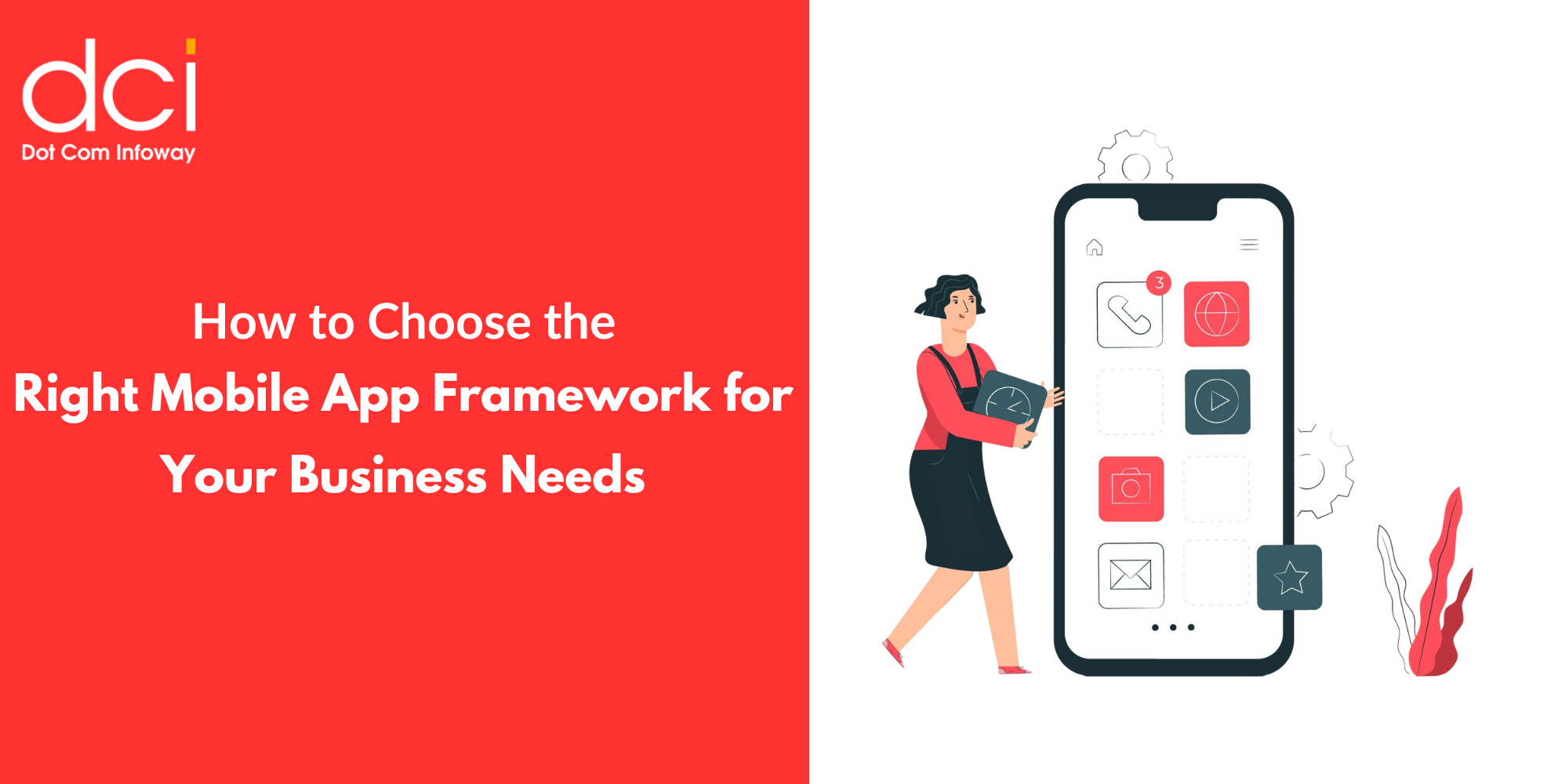





![The Game Marketing Guide: Pre and Post-Launch Strategies [Infographic]](https://www.dotcominfoway.com/wp-content/uploads/2023/09/DCI-Game-Marketing-blog-1.jpg)

